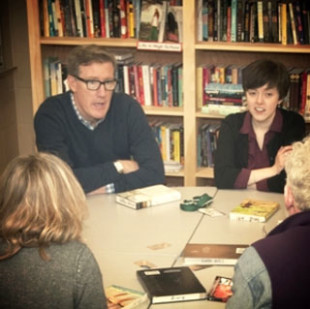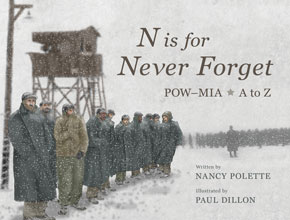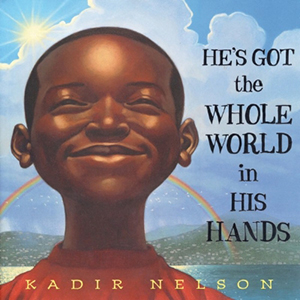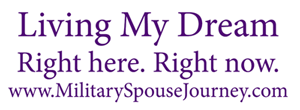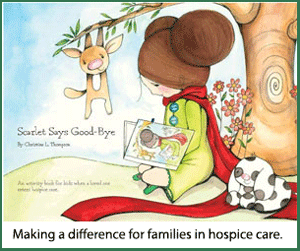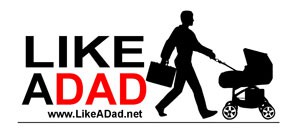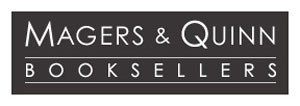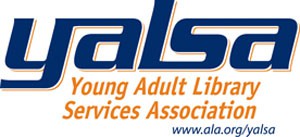Books open doors to a world of opportunity. They provide windows into places and perspectives we might not otherwise experience. Reading books also leads to successful careers and critical thinking skills that help us navigate the world, in all its complexity.
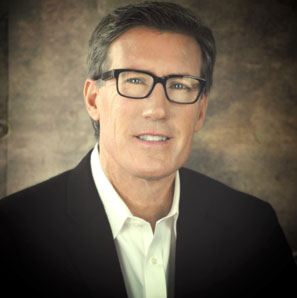 Educators agree that books are important, but current trends in education standards may be a barrier to cultivating strong reading and writing habits for students of all ages. Kelly Gallagher, a high school English Language Arts teacher and nationally recognized author and speaker, is trying to change that one student, one class, one book, one group of educators at a time.
Educators agree that books are important, but current trends in education standards may be a barrier to cultivating strong reading and writing habits for students of all ages. Kelly Gallagher, a high school English Language Arts teacher and nationally recognized author and speaker, is trying to change that one student, one class, one book, one group of educators at a time.
“There’s not enough books in schools. There’s not enough choice of books in schools. And there’s not enough time for kids to read in school. Those factors have to change,” says Kelly.
Experts agree there is a clear relationship between time spent reading and performance on exams, but far too many schools today are not prioritizing reading and writing, says Kelly. Over his thirty-one years as a teacher, he has seen a decline in literacy among kids and a decline in the number of kids who love to read. At the same time, literacy demands are increasing in our society and it’s more important than ever for kids to have a strong foundation in the written word.
“I think a lot of kids are fake-reading their way through school,” says Kelly. “I’ve asked my seniors two years in a row now, ‘how many of you have fake read your way to the 12th grade?’ The response has been over 90 percent.” By “fake reading” Kelly means the kids are passing tests and skating through class by reading Spark Notes on assigned reading or just answering questions based on class discussion.
“Sometimes it’s the honors kids who are the worst, because they have the capability of cutting those corners. Kids are doing a lot less sitting down and reading. I’m really concerned about it,” he says.
Maryanne Wolf, author of Proust and the Squid: The Story and Science of the Reading Brain, is a brain researcher who talks about how the circuitry in the brain is being rewired away from long-form reading toward a more scan or “click and go” type reading, says Kelly.
“Kids are losing the ability to concentrate for a long period of time, to read a 300-page book. It’s not the kind of reading they deal with on their own. So my concern is trying to get kids to deal with both kinds of reading critically.”
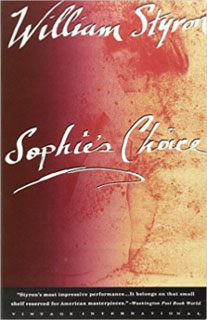
Sophie’s Choice by William Styron is the book that most powerfully connected with Kelly as a reader.
Kelly has always loved to read and write. The book that impacted him the most was Sophie’s Choice by William Styron.
“I was a waiter in college and I took the night off to finish the book. I was going to go out with some friends afterward. But after I finished the book I was devastated. I couldn’t even get off the sofa. It was the first time a book had floored me. The power. It had really, really connected with me,” says Kelly.
“I want kids to catch that love [for reading]. I think all my kids love to read. They just don’t know it yet!” he says.
Kelly has several tactics for cultivating a love of reading in kids who are reluctant readers, which he often shares with other educators at conferences and other speaking engagements.
“I ask faculty around the country, ‘how many of you have sat in a faculty meeting and discussed whether your kids have enough interesting books to read?’ That’s not on their radar screen. Everyone’s talking about the Common Core and the standards. If kids don’t have interesting books to read, it’s not going to happen,” says Kelly, who has spent years cultivating and developing a classroom library.
Kelly teaches in a high poverty school, in Anaheim, California. “I have kids who come to me with book-poor backgrounds, book-poor environments, lack of books in the home, lack of books in the community,” says Kelly.
Access to books requires three things: a person needs to have a book, the time to read it, and a place to read.
“For many kids, the place where all three of these factors come together are at school. But it’s not coming together at a lot of schools. They’re not given good books to read or time to read them,” says Kelly.
Once those three things are in place, Kelly focuses on getting kids to read and write in large volume.
“It’s really important for kids to do a lot of bad writing, because you have to do a lot of bad writing before good writing will emerge,” he says. “Essentially it starts with … simply getting kids to write and write and write and read and read and read.”
Kelly can tell by his students’ essays, which of them have a lot of reading in their background and which of them don’t. The best way to become better at writing is to do a lot of reading..
After volume, the second thing Kelly focuses on is choice. Kids need a variety of books to choose from, as well as a variety of types of modeling from teachers and others in the professional world. For instance, kids need to see what a movie review looks like before they can write one of their own.
The third critical element is conferring, or discussing with kids about their reading and writing. Kelly works very hard to match each student with the right book, by building time into his class to confer with kids one-on-one. Recently, one of Kelly’s students admitted that he hadn’t read a book in years.
“I wanted to figure out what he likes. Turns out, he likes body building. So we went on Amazon and looked for a book … and found something he would be interested in, and bought it,” says Kelly.
Kelly is concerned that schools spend too much time trying to make sure kids can pass standardized tests, at the expense of giving them interesting books to read and time to read them. He tries to combat this trend by surrounding his students with books and challenging them to read more than they ever have before. Success looks different from one child to another. He has one student who has already read twelve books in the first half of the school year. Another student has only read three.
“Now, a senior should probably be reading more than three books by this time of year. But if I can get him through his senior year and he reads six or seven books, then for that kid it’s a victory,” says Kelly.
This is the message Kelly shares around the country at schools and events for educators. He also shares what he’s doing in his classroom to encourage reading in kids. While his goal isn’t to teach other teachers how to do their jobs, many teachers have told him they’ve adopted his methods.
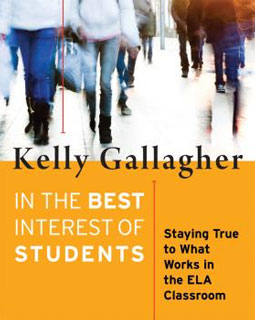
Kelly’s most recent book analyzes the strengths and weaknesses of teaching to the Common Core standards.
“Teaching is a profession where you can really whither on the vine if you stay locked in your own room by yourself. Collegiality is really important to the teaching profession,” he says. That’s why Kelly prioritizes connecting with other teachers and having a professional life outside of his teaching career, as a speaker and an author of six books, with another one in progress.
In his most recently-published book, In the Best Interest of Students, he analyzes the strengths and weaknesses of teaching to the Common Core standards and discusses his recommendations for how to increase reading and writing skills in secondary schools.
In every part of his professional life, Kelly’s primary goal is advocating for giving kids access to books and time to read them.
“We need to give kids more reading experiences, the kinds of reading experiences that we value,” says Kelly.
It’s hard to argue with that.
Web: KellyGallagher.org
Twitter: @KellyGToGo
Kelly’s Personal Bookshelf:
Minds Made for Stories by Thomas Newkirk
Leaders of Their Own Learning by Ron Berger
Proust and the Squid: The Story and Science of the Reading Brain by Maryanne Wolfe
Response & Analysis, 2nd Edition by Robert E. Probst
With Rigor for All, 2nd Edition by Carol Jago
Kelly’s lists of books and resources:
- High-Interest Books for Ninth Graders
- Essential Books for the Classroom Library
- High-Interest Non-Fiction Titles for Eighth Graders
- Poetry for Middle and High School Students
- Spoken Poetry for Middle and High School Students Warning: some of these spoken poems contain explicit language.
- 101 Sports Books for the Junior High School/Senior High School Classroom Library
Photos and booklists courtesy of Kelly Gallagher.
Naomi Krueger is a writer, children’s book editor, and managing editor at Books Make A Difference. She lives near St. Paul, Minnesota, where she enjoys gardening, biking, and reading good books.

